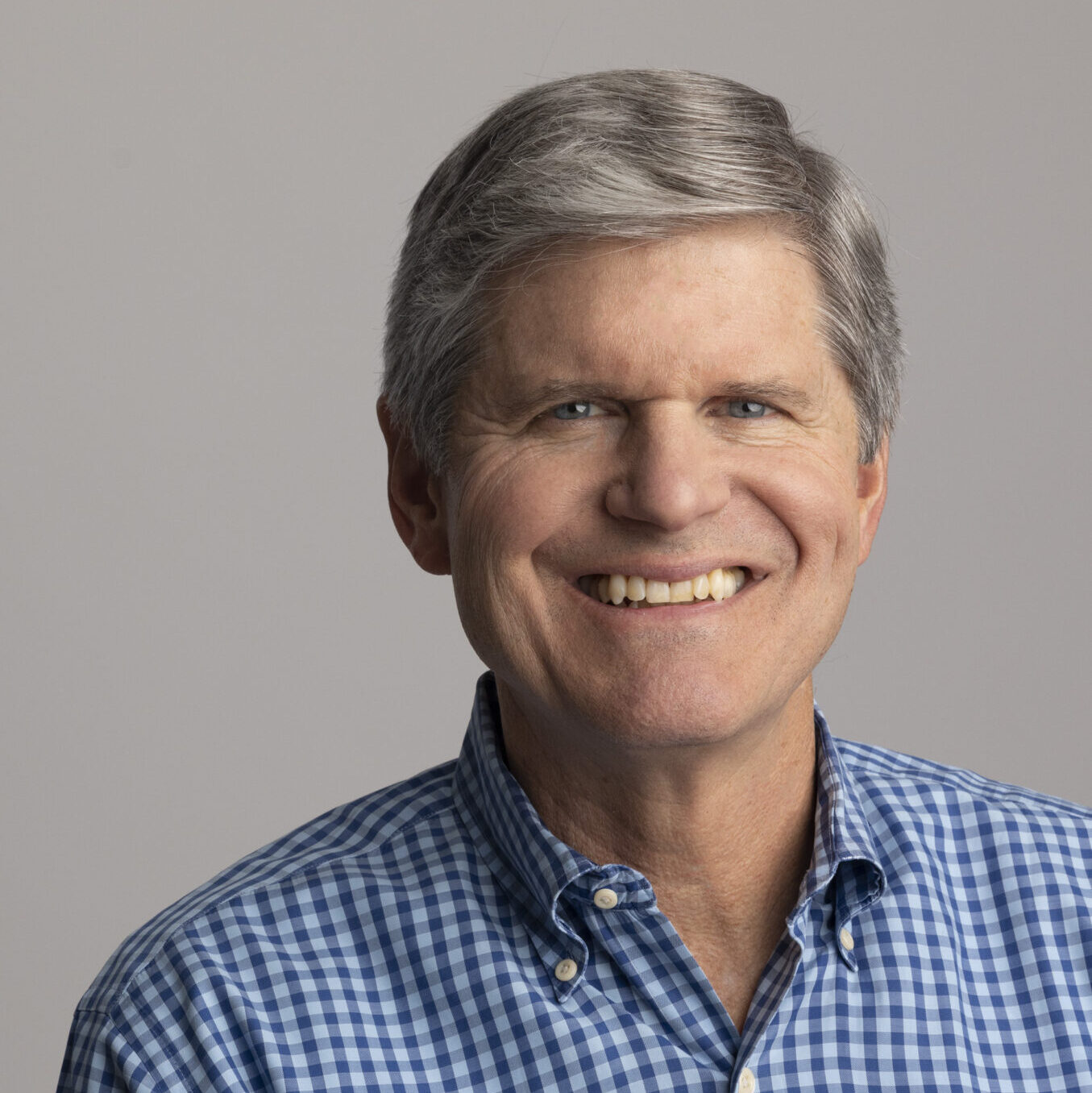Marriage counseling can be good for a relationship, but it can often yield positive effects that extend beyond intimate connections. In the case of Oren and Roni Frank, marriage counseling is what helped to spawn the initial idea for Talkspace. When the dynamic husband-wife duo was in the process of receiving mental health services personally, they began to realize just how stigmatized this type of treatment is for so many people. They also saw many issues related to who could even access and afford a therapist, and, eventually, they came to see a business opportunity.
The void was so obvious that Roni, previously a software designer with a degree in computer science and studies in psychology, convinced Oren, who was then working in advertising and marketing, to leave his job and build Talkspace with her.
From the moment I was introduced to the Talkspace team in 2016, I had no trouble understanding what fueled their fire. The need Oren and Roni set out to address with Talkspace is one that hits close to home for all of us. And it’s a need that’s just too large to ignore. Approximately one in five adults (51.5+M Americans) reportedly struggle with mental illness, according to the National Institute of Mental Health (NIMH). Still, it’s safe to say the true number is even higher than that. This means that we all know and probably even care deeply for several people who struggle with mental health.
Therapy for Those the System Wasn’t Serving
Despite the prevalence of mental hardships, barriers to assistance like accessibility and affordability have kept far too many people from getting the help they need and deserve. Mental Health America reports that more than 26 million individuals experiencing mental illness in the US in 2020 went untreated. Among Americans with mental illness, 22.3% said that they could not access necessary treatment. Two of the top five reasons cited for this lack of access were financial and related to insurance or cash for out-of-pocket expenses.
The average cost of therapy for Americans sits somewhere around $75 – $150 per hour (which is the duration of many standard sessions) – and that price tag goes up in places like New York City, where the average cost is more like $200 – $300 per hour. So, affordability is a problem.
According to the American Psychiatric Association, stigma plays a role in why more than half the population of those with mental illness avoid or delay seeking treatment. A review of studies on stigma in The Lancet shows that negative perceptions on mental illness act as a multifaceted obstacle to care for far too many. These harmful preconceptions come from three basic directions – the public (public stigma), institutions (institutional stigma), and ourselves (self-stigma).
It’s not always easy to find a therapist, let alone one who is the right match for any given patient. And once a person does find a therapist who is a good match, getting to therapy comes with its own obstacles.
The physical component of therapy can be an obstruction to accessibility. But there’s also the time aspect of the traditional weekly sessions to consider. Even the most disciplined among us might have difficulty waiting a full week between appointments for opportunities to sound off or gain insight, especially if we’re already struggling to begin with. Meanwhile, some of us might find it near impossible to set aside 60 consecutive minutes for a session each week.
When I first heard that Oren and Roni were tackling mental health in a digital, streamlined, and more affordable way, I was excited. In addition, providing 24/7 access to a secure and private virtual room where Talkspace users could maintain regular communication with their therapist, I knew Oren and Roni were onto something not just good for society, but powerfully different as well. Something truly significant in the world of mental health.
I knew telemedicine was already the way of the future, but this wasn’t just therapy done remotely. This was therapy available via text, voice, or video at any time and discreetly. This was therapy available when you duck out of the office for a few minutes or while in line at the grocery store. This was therapy accessible to those who otherwise wouldn’t be able to carve out time – due to demanding careers, family situations, or something else entirely. This was going to be therapy for everyone, and I was thrilled by the prospect of it. That’s why in 2016, I led Norwest’s investment in Talkspace and joined the board.
With Talkspace becoming a public company today via a SPAC, I’m reflecting on how they got it right and how much the company has accomplished over the last five years.
Building An Online Mental Health Platform
The growth of Talkspace hasn’t happened overnight. That scaling has required smart strategy, investment in technology, and getting thousands of licensed therapists – as well as patients – on board with the endeavor. One reason why Oren and Roni have been successful with their vision has been because they pay attention to data. For example, when they learned initially that users weren’t opting into one-on-one video sessions with therapists at the rate they assumed, they were curious. They stayed flexible and pivoted. The result was a winning one: Talkspace’s emphasis on a text-as-you-go therapeutic approach.
Video and audio sessions are available along with text-based therapy and they are a part of the core services offered, but the success of text-based therapy to support over 1.5 million users to date. The text-based approach is about giving people who need help a useful way to receive it as the user and therapist both move through their lives. When a user needs a focused and sustained experience, that’s when the Talkspace audio and video chat appointments become a better option. Some users switch back and forth between communication modalities as needed.
As you might imagine, finding enough licensed therapists who are willing to take a chance and work virtually through an app versus a traditional in-office clinical model was one of the biggest challenges Talkspace initially faced. Recruitment and scaling success in this area have been largely due to the investment in technology and systems to support the therapists in their communications with multiple users. Talkspace has created a platform for therapists to manage their own activity, making them both more productive with their time as well as more effective with their therapy.
Leveraging Telehealth’s Momentum
The time is also right for telehealth. Not only do patients want more convenient and remote options for their healthcare, but healthcare providers are much more open to the concept today than they were even just a few years ago. This issue has been brought to the forefront by the pandemic. While many aspects of our world were already moving toward remote options, COVID-19 came along and sped up the process in a way we could have never imagined prior. According to the CDC Health Center Program Data from 2019 showed that only 43% of providers could offer telemedicine, but a whopping 95% were doing it by April 2020.
Talkspace saw new signups double and engagement increase by 50% during the first few months of the pandemic, compared to the same time period in 2019. Experts expect that the fallout of the pandemic across our society will fuel ongoing demand for mental health services.
Hard Work Pays Off
Oren and Roni’s dedication and vision have powered Talkspace’s success to date, and we’re so excited that they are reaching this important milestone of becoming a publicly traded company. We couldn’t be prouder to work with a company that plays a role in helping people lead healthier and more fulfilling lives. Thank you, Oren and Roni. Thank you for following your instincts, pursuing your dream, and staying resilient all these years. Congratulations!


